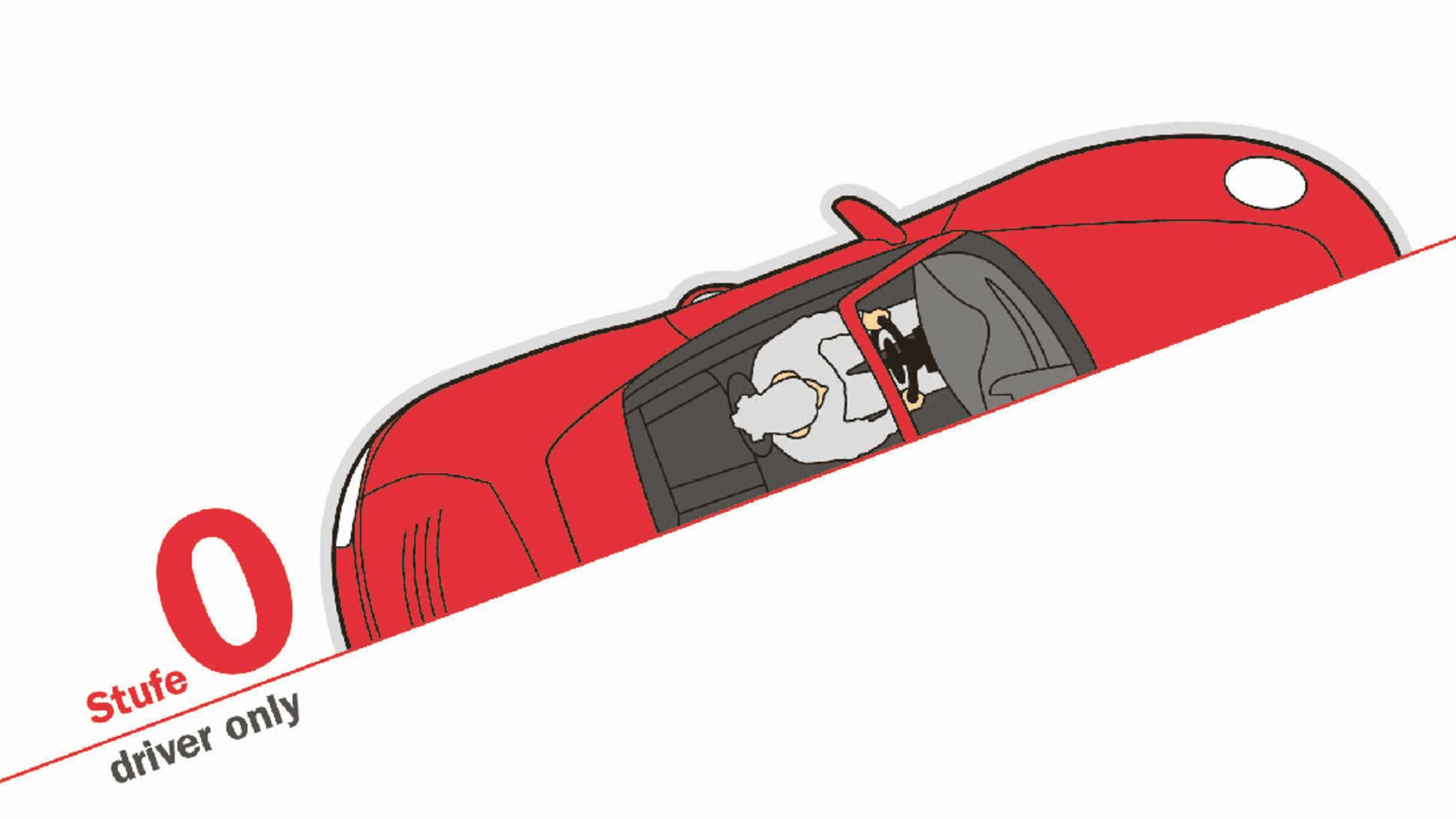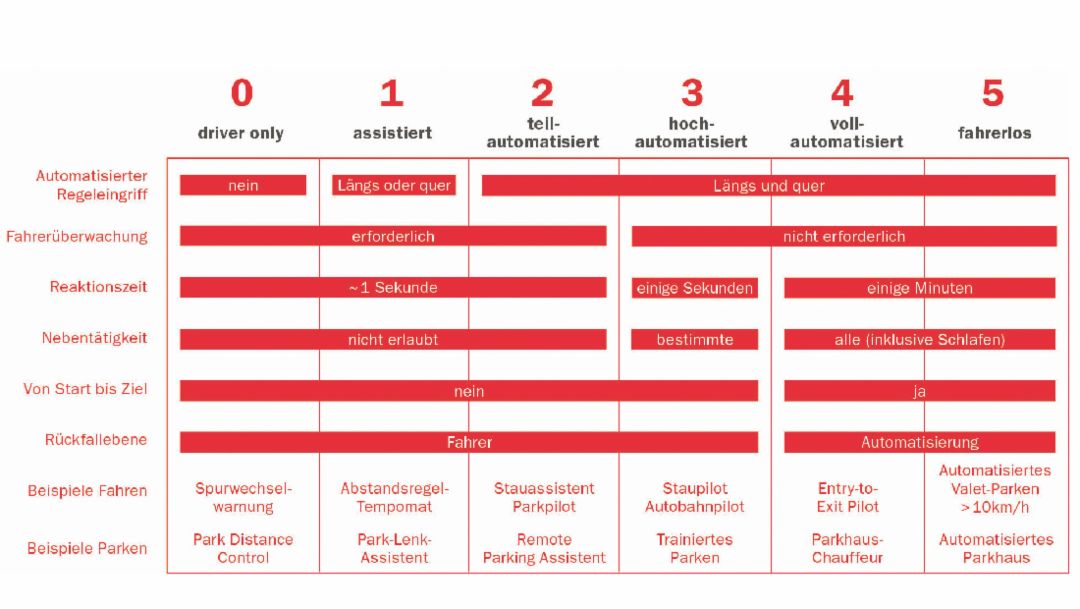To some extent, it’s already happening today: parking assistants autonomously maneuver vehicles into parking spaces, while traffic jam assistants handle tiresome stop-and-go traffic situations on the highway up to a certain speed. According to the defined levels of automated driving, these are known as partially automated driving functions. The crucial factor here is that the driver retains responsibility at all times and must be prepared to intervene by steering.
Just how far the technical capabilities for fully automated cars have matured is demonstrated by countless test drives in which cars have traveled lengthy distances autonomously. However, many further technical, legal and ethical obstacles remain on the path to series maturity. “In about ten years, these obstacles will have been overcome,” says Dr. Frank Weberbauer, Director of Mobility Concepts and Infrastructure (GSI).
Vision of accident-free driving
The technology is intended to reduce the strain on drivers stuck in traffic jams or driving longer routes, and give them the opportunity to keep occupied with fun activities such as surfing the internet or reading. And Porsche would like to offer these gains in comfort and safety to its customers as well.
In principle, the step-by-step automation of vehicles is based on a vision of accident-free driving. A number of assistance functions pooled into level 1 are already making a valuable contribution to realizing this vision, and some are already in service in Porsche models as well. These include, for example, warning functions such as the distance warning, lane departure warning, and lane change assistant functions. Among the systems that intervene in vehicle control in emergency situations are the lane departure warning assistant, ABS, ESP and adaptive cruise control (ACC), which brakes the vehicle, right down to a standstill if necessary, after which it automatically starts the vehicle again.
But regardless of how quickly technology evolves: on winding rural roads, Porsche drivers will want to keep their hands on the wheel out of sheer exhilaration.

